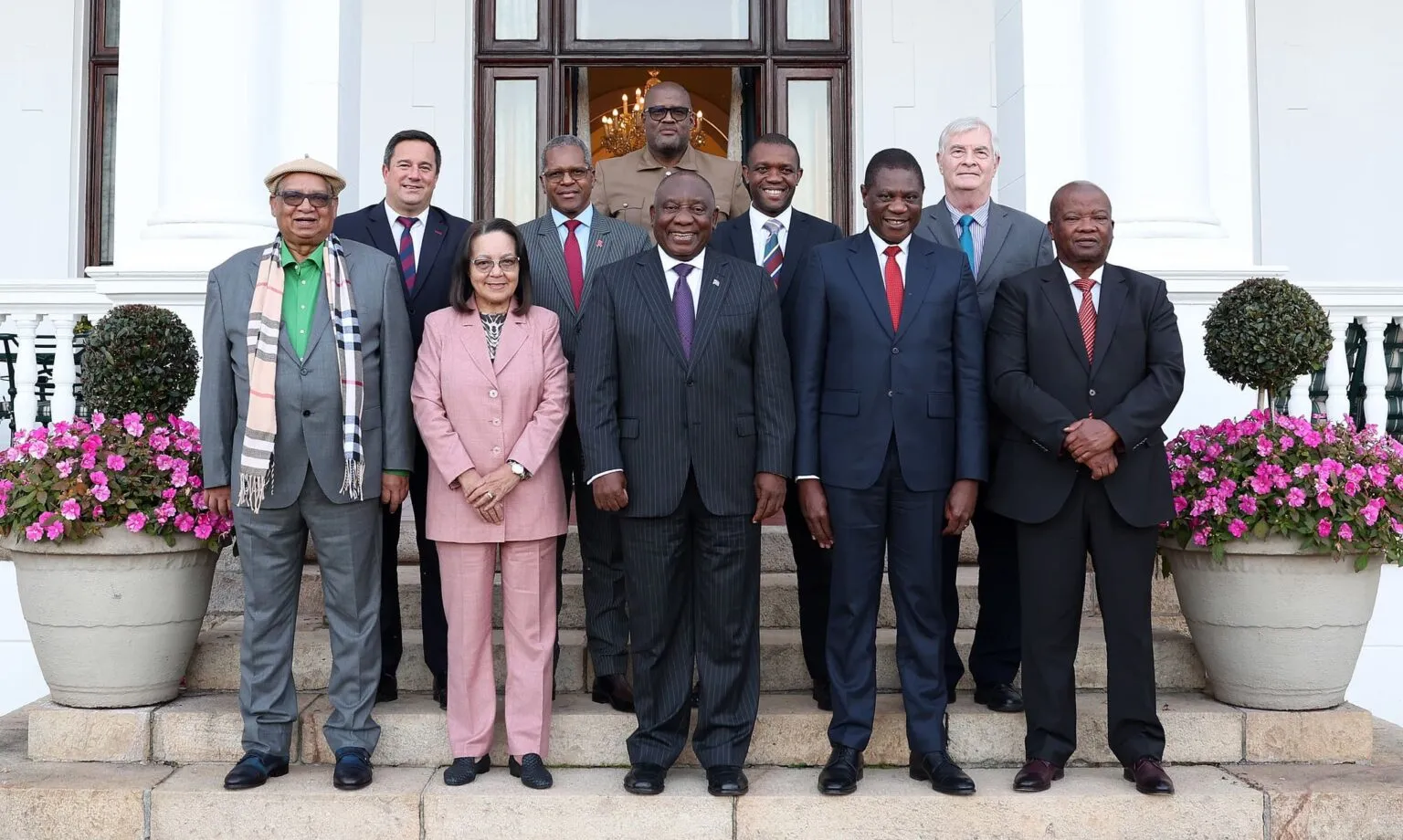
GNU report: ANC and DA battle for credit over South Africa’s economic policy successes
The ANC and DA are vying for economic policy successes as South Africa’s Government of National Unity (GNU) reaches its 100-day mark

The key partners of the so-called Government of National Unity (GNU) are competing for credit over economic policy achievements as the Medium-Term Budget Policy Statement (MTBPS) approaches.
The National Treasury has confirmed the finance minister will present the MTPBS in Parliament on Wednesday, 30 October 2024.
The African National Congress (ANC) and the Democratic Alliance (DA) are the key partners of the nine-party GNU that includes Inkatha Freedom Party (IFP) and the Good party.
Economic policy priorities
The GNU’s three policy priorities are economic growth, curbing South Africa’s high unemployment by creating more jobs and increasing investment.
ANC leader Cyril Ramaphosa on Monday 14 October marked 100 days of the GNU, reflecting his party’s point of view.
On Friday 11 October, DA leader John Steenhuisen published his party’s “top priorities for the GNU medium-term plan”.
Ramaphosa is also president of the country and the head of the Cabinet, in which Steenhuisen serves as the minister of agriculture.
The agriculture portfolio is part of the government’s economic cluster that will drive the GNU’s policy priorities.
Power to the people
During an address to ANC members in Johannesburg on Monday, Ramaphosa said: “The priorities of the GNU are also the priorities of the ANC.”
“We should use this moment of the GNU to strengthen the ANC,” added Ramaphosa.
The ANC president acknowledged the results of the May election showed: “The people … made it clear that they are concerned about unemployment, poverty and inequality.”
Ramaphosa said his party would lead the “the fundamental transformation of our country and society”.
Government gains
In the 10 days of the GNU, the government worked on the Presidential Employment Stimulus, the Expanded Public Works Programme and the Presidential Youth Employment intervention, according to Ramaphosa.
Party package
DA leader Steenhuisen said in the note his party’s top five priorities for the medium-term plan are:
- Reducing the debt-to-GDP ratio to below 70%;
- Driving investment, growth and job creation through phase 2 of Operation Vulindlela, the government’s main reform programme;
- Expanding access to cheap and reliable broadband;
- Reforming Home Affairs and immigration; and,
- Bringing back focus on Infrastructure South Africa.
The DA’s listed its non-negotiables as “no more bail-outs for state-owned enterprises; clauses 4 and 5 of [Basic Education Laws Act]; the implementation of the National Health Insurance scheme”.
Economic cluster
Some key portfolios in the economic cluster are finance; trade, industry and competition; agriculture; international relations; tourism; and fisheries, forestry and environment.
The ANC holds the balance of ministries in the economic cluster followed by the DA.
Pressing issues include overseeing South Africa’s formal dispute against the European Union at the World Trade Organisation over requirements for citrus imports.
South Africa is the second-largest exporter of citrus in the world, and 33% of the produce goes to Europe.
Key causes
The country has also been lobbying for the renewal of the Africa Growth and Opportunity Act (AGOA), which expires in 14 months.
South Africa has thrown its weight behind calls by African trade ministers for the US government to scrap yearly reviews of AGOA.
From December 2024, South Africa will take over of the presidency of the Group of 20 (G20). In 2025, the country is hosting the G20 Summit.
GNU opportunity
Investors are watching the GNU closely.
On Tuesday 8 October, UBS hosted the 27th SA Financial Services Conference in Cape Town under the theme “Capitalising on the GNU opportunity”.
In its presentation at the UBS conference, Nedbank said its expectation of the GNU were a stronger local currency.
Nedbank also anticipated that the government would tackle unemployment, inequality, and crime and corruption.
